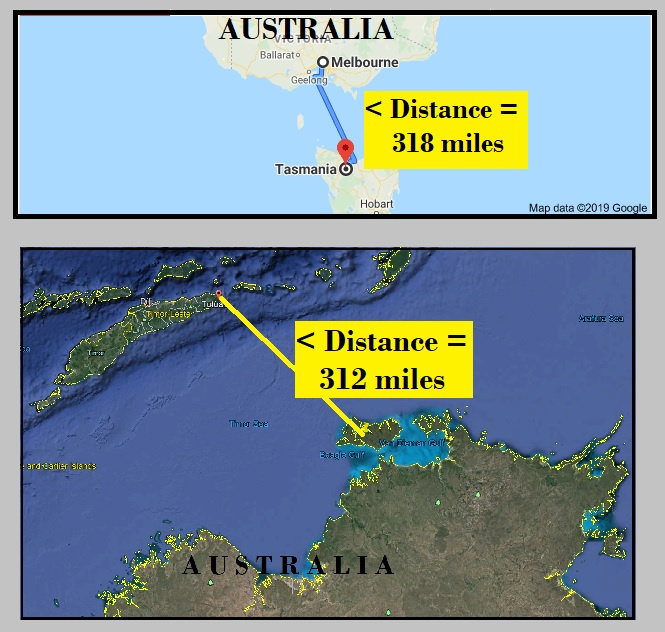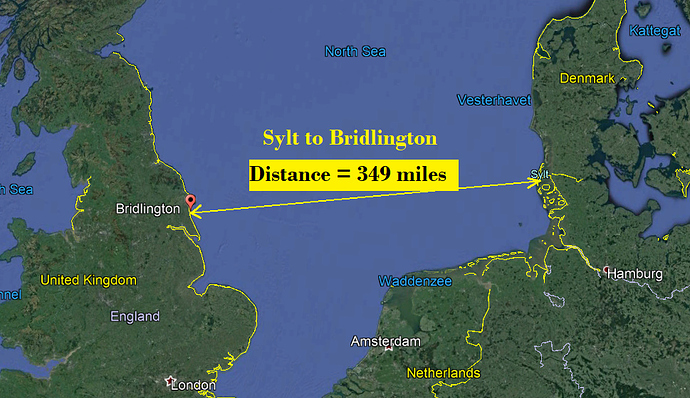Hi everyone,
I’m new to the Biologos forum, although I’m quite familiar with Biologos and their work - I’m currently a graduate student in physics at Harvard who’s also interested in the intersection of faith and science and also a Christian. I think if not for reading The Language of God back in high school, I could have been a Christian or scientist, but certainly not both. The ministry of Biologos has provided lots of useful material and books that help me navigate these issues.
Just as a disclaimer, before this I have been participating in the forum Peaceful Science for a while, and I know there is some overlap between the two, so some of the people here might have interacted with me before. It’s time-consuming enough as a full-time grad student to participate in more than one faith-science forum! But anyway, what brings me here this time is because of the recent series of exchanges regarding Joshua Swamidass’ new book, The Genealogical Adam and Eve (GAE). In particular, @Jay313 wrote a review of the book, which people have discussed here: Becoming Adam: GAE book review.
Johnson’s review was particularly focused on the “Tasmanian problem,” which is probably the main scientific criticism regarding the GAE model. (I think other than this, most criticisms of the model have been theological and philosophical.) Jay Johnson argues that from the extant scientific evidence, it is likely that the Tasmanians have been genealogically isolated since at least 10,000 BCE (due to the Bass Strait separating them from Australia), making it impossible for an Adam and Eve living 6 kya to be the genealogical ancestors of everyone by the time the Bible was written.
In the latest blog post on Peaceful Science, Swamidass replies directly to this criticism. He repeats his contention that science cannot completely rule out that there were zero crossings of the Bass Strait (allowing for intermarriage and spread of genealogical ancestry). His more interesting reply (in my opinion), is that even if they were genealogically isolated and not descended from Adam and Eve, nearly universal ancestry could still be useful. After all, Scripture doesn’t always speak in precise terms. (This reply was first suggested by Jon Garvey.) In addition, Swamidass tends to speak of a multivalent view of the image of God, where one’s humanity, dignity, and worth is not derived from only genealogical descent from Adam, but from a combination of factors. Thus (he argues), this doesn’t deny the worth and dignity of the Tasmanian peoples.
I wonder what people here think about this move? Personally, I don’t feel tied to a 6 kya A&E, and am more comfortable to push A&E back to 10k BCE or even before. But perhaps nearly-universal ancestry is good enough even for those who are more “literalist” in interpreting Genesis.

